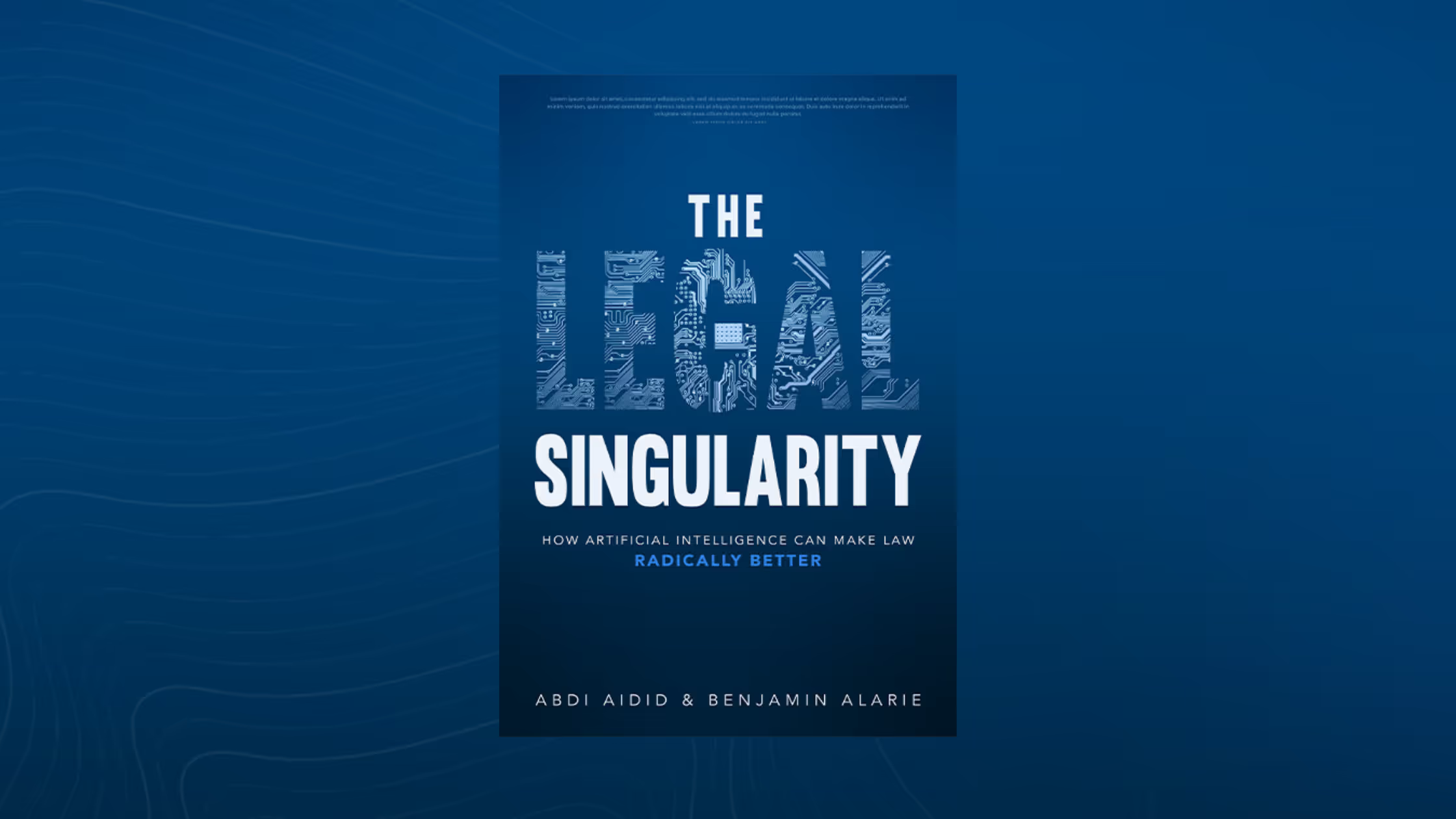
At Blue J, we're delighted to offer this blog series providing an exclusive sneak preview into the highly anticipated book, The Legal Singularity. The book explores how society can harness artificial intelligence (AI) to make the law "radically better" and achieve a vision of the law as fully comprehensive and predictable. One illustration of our commitment to advancing the legal industry is the development of Ask Blue J, our upcoming AI-powered tax Q&A bot similar to ChatGPT. We're thrilled to be a part of this exciting future and look forward to continuing the conversation with you.
Exploration of Chapter 6: Implications for the Judiciary
If you missed our summary of the preceding chapter, we encourage you to read it here.
Courts are undeniably essential to our understanding of the law, serving as both interpreters of legal principles and enforcers of their application. Yet the judiciary faces various challenges. The sixth chapter of The Legal Singularity explores how computational methods will impact the judiciary and help address current judicial issues.
The chapter opens by addressing the present challenges faced by the judiciary. First, judicial reasoning can be influenced by subjective, contextual, and fallible factors such as cognitive biases, emotions, political preferences, and a lack of subject-matter expertise. Second, the authors assert that court delays, though they provide parties with time to consider their options, can lead to many obstacles for individuals pursuing justice and contribute to overcrowded courthouses. Lastly, elements such as judge appointment and caseload influence decision-making, including judges’ commitment to personal and political views, cooperation with peers, access to justice, and the consistency of the common law.
The authors suggest that computational tools, when combined with human involvement, can greatly improve the above limitations. Some examples of potential AI-powered advancements include: improved legal research and document drafting; better assessment of expert witness testimony and evidence interpretation; data-driven models of past and future events; more efficient discovery processes; predictive tools for understanding case law and legal issues; dispute classification and prioritization; and fairer settlement processes with fewer trials.
Critics of incorporating computational methods in the courtroom should acknowledge the deficiencies of the current system. While AI-powered tools can greatly improve the limitations faced by the judiciary, judges will now be required to explain incongruencies between their decisions and AI predictions. Paradoxically, as more cases will be settled by the increased legal and factual certainty offered by computational methods, the remaining cases for human judgement will be the most normatively difficult.
The AI-powered judiciary of the future will allow for greater sharing, testing, and verifying of legal perspectives, transforming the judiciary into a collaborative network of humans, humans with AI, and pure AI systems. This will result in a more dynamic and democratic legal system. Increased computational power will also enhance the precision of judicial decisions, thereby promoting deterrence, improving behaviour control, and reducing the imposition of socially costly sanctions.
At Blue J, we believe our products can significantly contribute to serving the judiciary and help combat inconsistency, bias, and a lack of transparency. From our forthcoming AI-powered tax Q&A bot, Ask Blue J, to our predictors, Blue J is able to provide efficient legal research and increased decision-making accuracy.
Stay tuned for our next blog post which will highlight the seventh chapter of The Legal Singularity and explore the path toward universal legal literacy.
The Legal Singularity (published with University of Toronto Press) is set for release July 2023.

Stay up to date












